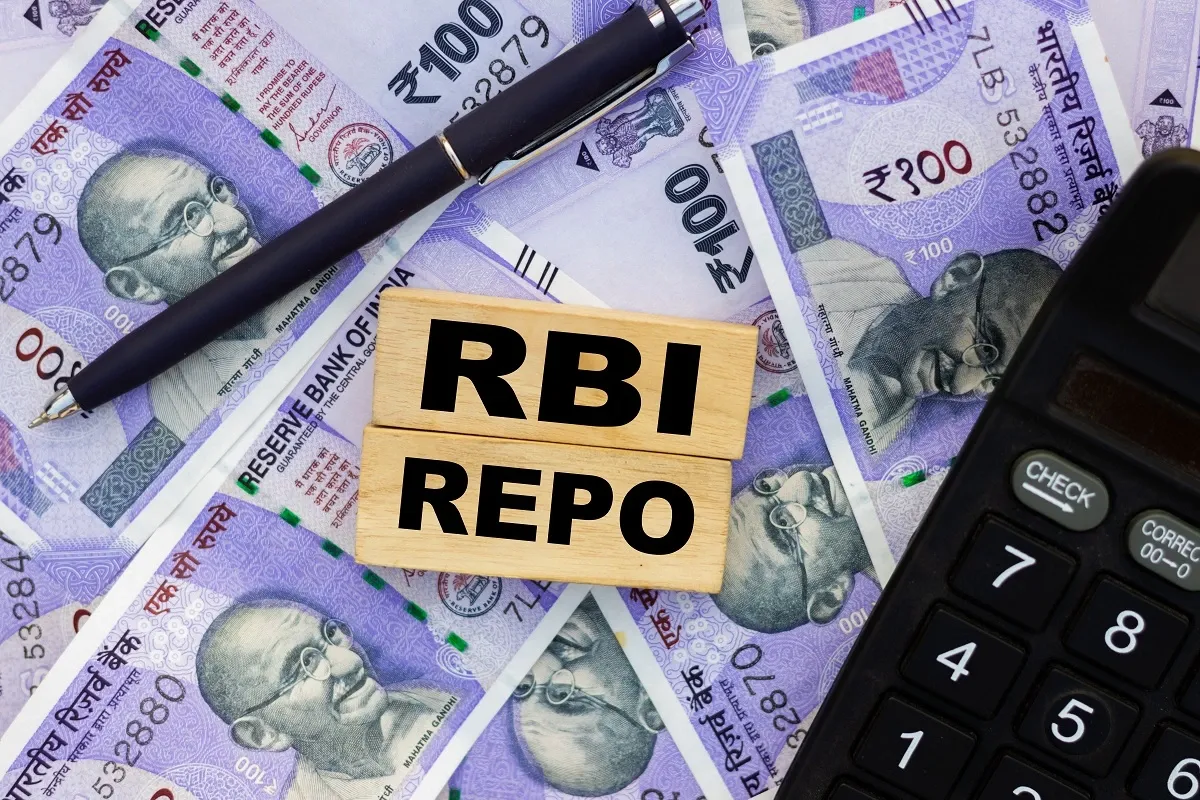Business News
Easing regulations, rebound in IPO activity augur well for start-up ecosystem in 2025: Report

2 min read | Updated on March 13, 2025, 12:04 IST
SUMMARY
Venture capitalists (VCs) and private equity (PE) firms are doubling down on traditional sectors such as BFSI, consumer brands, and retail, signalling a departure from the dominance of tech-first investments.

BFSI, consumer brands and retail witnessed growing investor confidence. | Image: Shutterstock
Venture capitalists (VCs) and private equity (PE) firms are doubling down on traditional sectors such as BFSI, consumer brands, and retail, signalling a departure from the dominance of tech-first investments. At the same time, a growing number of late-stage start-ups are prioritising profitability, a trend shown by firms such as Zomato, PolicyBazaar, and Delhivery, Bain & Company said.
Bain's study indicated that technology-driven companies, especially consumer tech and SaaS, continue to raise capital and the bigger change was noticed towards sustainable and high-growth categories. BFSI, consumer brands and retail witnessed growing investor confidence, with leading VC firms like Lightspeed, Peak XV, and Z47 scaling up their bets in these sectors.
The market is also witnessing an increase in growth-stage transactions, as VC and PE strategies start to overlap. While VCs are shifting towards high-value, late-stage deals, PE players are increasingly investing in mid- to late-stage start-ups.
Regulatory boost
Regulatory reforms undertaken by the government in 2024 have also opened the way for fast funding of start-ups. Abolition of angel tax has reduced compliance burden and made early-stage investment more attractive for domestic investors.
Similarly, the reduction in long-term capital gains (LTCG) tax on unlisted shares—from 20% to 12.5%—has enhanced post-tax returns, driving increased VC interest in start-ups, Bain & Company said.
The simplification of Foreign Venture Capital Investor (FVCI) registration, along with amendments to FEMA that streamline foreign direct investment (FDI) rules, have further strengthened India’s position as a global investment destination. These reforms have not only reduced bureaucratic hurdles but have also enhanced liquidity for global and domestic investors alike, the management consulting firm added.
Going forward, key sectors such as AI, semiconductors, deep tech, and energy transition are set to attract substantial funding, aligning with both national priorities and global market shifts. Government-backed initiatives including a $145 million Fund of Funds for Startups and a newly launched ₹1,000 crore space-focused venture capital fund is likely to promote growth in these high-impact sectors.
However, some regulatory changes, such as tighter norms for payment aggregators and heightened oversight of AI-driven businesses under the proposed Digital India Act, could introduce new compliance challenges, Bain & Company added.
About The Author
Next Story

